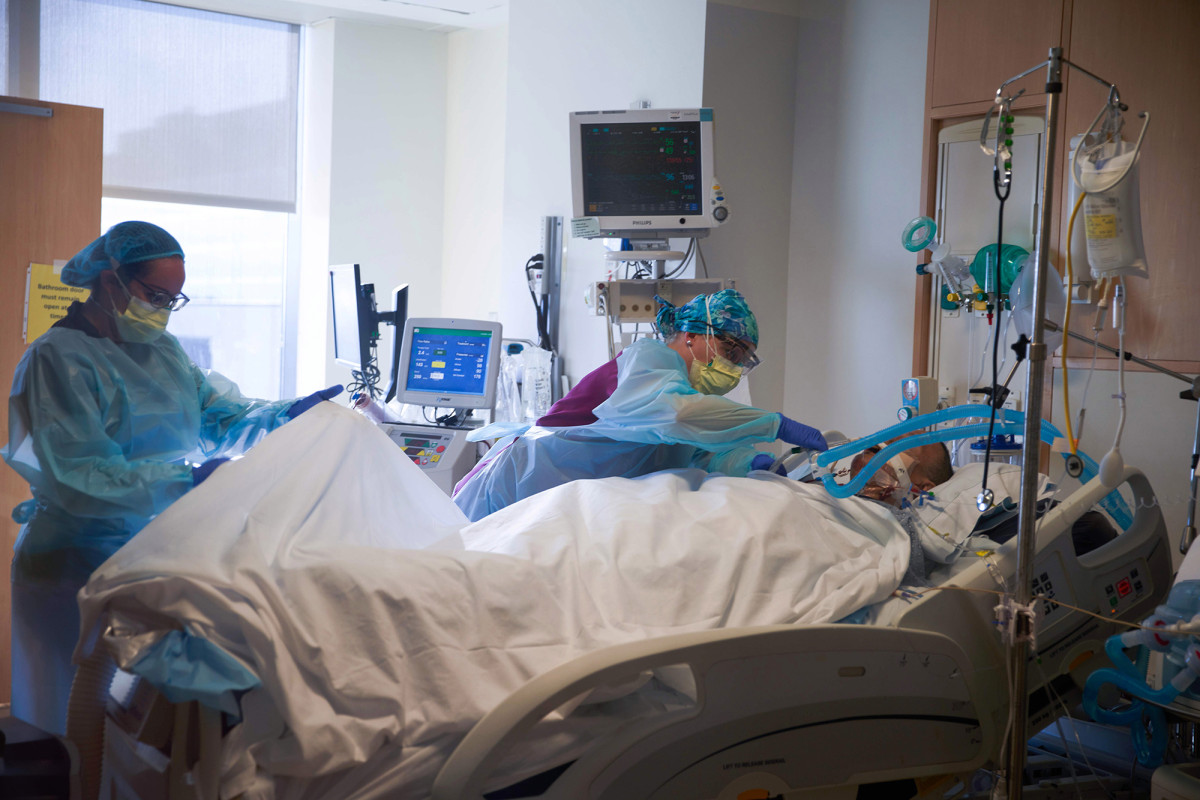Men are three times more likely to need intensive care treatment from a coronavirus infection than women — and also have a greater risk of death, according to a new global study.
Analysis of more than 3 million cases around the world published in the journal Nature Communications on Wednesday showed that there was “no difference” in the proportion of either sex actually getting infected.
But once COVID-19 positive, “male patients have almost three times the odds of requiring intensive treatment unit admission and higher odds of death compared to females,” the study said. The death rate was estimated to be 1.4 times more likely for men.
The researchers — from the University College London and the University of Cape Town — used data from 46 different countries and 44 US states to confirm what had until now only been anecdotal signs of differences.
“With few exceptions, the sex bias observed in COVID-19 is a worldwide phenomenon,” the study said.
“The confirmation of this sex disparity with global data has important implications for the continuing public health response to this pandemic,” it stressed.
The study noted a few “gender-based socio-cultural and behavioral differences” that could contribute to the sex difference — with men more likely to smoke, go out into crowds and fail to wash their hands with soap.
A more likely cause, however, is the “fundamental differences in the immune response between males and females,” the study said, noting that “the male sex hormone testosterone suppresses the immune system.”
“Interestingly, testosterone-deprivation therapy for prostate cancer has been associated with improved outcomes for COVID-19, suggesting that suppression of the immune response by testosterone, as well as the protective effect of oestrogen, may underlie the observed sex-bias,” the study suggested.
“These data have implications for the clinical management of COVID-19 and highlight the importance of considering sex as a variable in fundamental and clinical research,” the paper said.



















